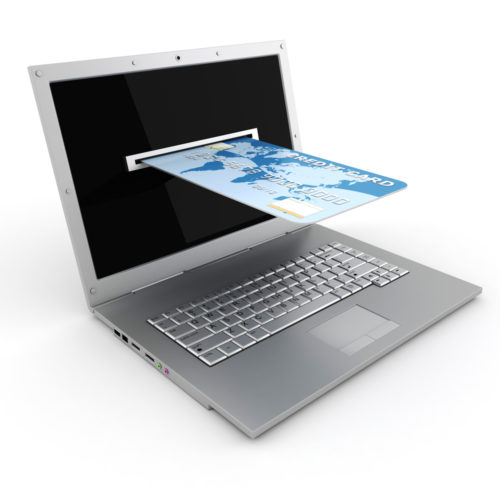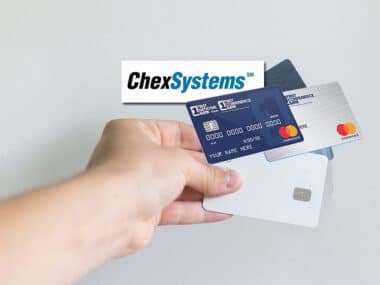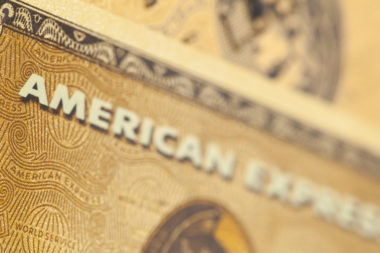Saying that technology is affecting this industry or that industry isn’t saying a whole lot, because technology has had its hand in affecting just about every aspect of our lives.
It’s enhanced how we do everything: how we communicate, how things are created, and it’s sparked brand new industries we didn’t have before. Companies are using technology to make everything more efficient, faster, and more available. It’s affected nearly every aspect of our money from how we bank, financial security, how we budget, how we pay, and how we get paid. The world where you dressed up to go to the bank, you had cash on hand, and you held up the line at the grocery store to write a check are long gone, and almost everything has moved to your phone. Your banker, your money, and even your checks are all stored in one place and — surprise — it’s in your phone.
Table of Contents
Online Banking
Deposits, withdrawals, transfers, you name it — it’s all done through online banking. With one app on your phone connected to your bank account, you can check your transactions every day. Short of watching cash come directly from your phone like an ATM, your phone basically does everything. Not that you should ever need cash these days anyway. Talk about efficient, available, and fast; mobile banking has completely changed the way we handle our money. Whether you’re using your desktop or using your phone, there just isn’t much need to go to the bank anymore. Even if you don’t consider yourself tech savvy, online banking is easy to learn and is surprisingly user friendly.
Technology has changed banking completely, and having our banking information available at any given second is a great thing for personal finance. If you forgot to pay a bill, you can do it on the bus on the way to work. Better yet, you can sign up for automatic bill pay and trust that it’s being paid directly from your account every month. You can keep better track of your finances and have a better idea of what your credit score may be. More access to our financial information is a great thing if we use it to educate our spending habits and improve our overall financial health. More often than not, online banking is providing an efficient way to keep track of our finances.
Mobile Everything
Not only is your online banking available on your phone at all times, everything is. Sitting on the bus with access to the internet you can pay your utilities, your student loans, your Hulu subscription, a credit card balance, daycare, have a pizza sent to your home by the time you get there, and buy your mom a birthday gift. You can donate, invest, and pay down debt in minutes. It wasn’t that long ago that all of those mobile abilities would sound ridiculous – but it’s our reality. There are apps to help you budget, to check your credit, to do your taxes, and to help you save. In terms of personal finance technology, we are lucky to have so many resources to help us keep our money where it should be.
Of course, these apps have to make money somewhere. Through fees, advertising, and subscriptions they are able to make money for every download. It’s also helpful that you basically have to have an app (and an online presence) in order to succeed in our technological world, so everyone offers online perks like these. But, with more finance technology comes more spending technology. Shopping and online ordering has become a huge mobile market as well, encouraging us to spend what we’ve saved.
Heightened Security
Unfortunately, if you have more access to your finances, so do the criminals looking to steal your information. There is always risk when it comes to your finances and technology, so when there are so many sites asking for your credit card number, or so many places that you need your debit card, you’re more likely to experience fraud. To combat this, technology has stepped in to create heightened security measures for our personal finances. One of the biggest changes is the shift from the magnetic strip to the chip in our credit and debit cards, to prevent things like skimming. Not only did all of us have to switch out our cards, but businesses all over had to update their systems to take these new chips designed to add another layer to our credit card security that’s a notch above signing a credit card receipt. It’s important to note the security risks and to be extra careful about your finances and how you handle them online.
Changes in Pay
People used to get paid with cash or with a check, but now people get paid from one bank account to another. There are also a ton of different ways to get paid or to pay people by using financial technology. There are plenty of different apps to send money to friends for a cab you split, or to your roommate for the utilities. Don’t have cash at a garage sale? That’s fine, many people have a credit card swiper right on their phone. So, your employer gave you a check and you don’t want to run to the bank? That’s fine, just take a picture of it on your mobile banking app and it’ll get deposited that way. If you don’t want to enter your credit card number in a ton of places online, just use a secondary payment account for added security.
For some people, their app is their boss. Turn it on and become a ride-sharing driver, sell items online, or rent your home. The way you pay others, get paid, or even make money have all been changed by technology in a big way. Every step can be done online and with a mobile phone. With this level of financial technology in our pockets, it’s a wonder to think about what may be coming next.
Technology has affected the personal finance industry in a way that we see every single day. Whether it’s paying a bill online, budgeting through an app on your phone, putting your credit card in a chip reader, or paying an Uber driver, your finances are being affected every day with personal finance technology. It does beg the question, if we can do everything we need for our finances on our phone, then how long will we even need a wallet?
Image Source: https://pixabay.com/





